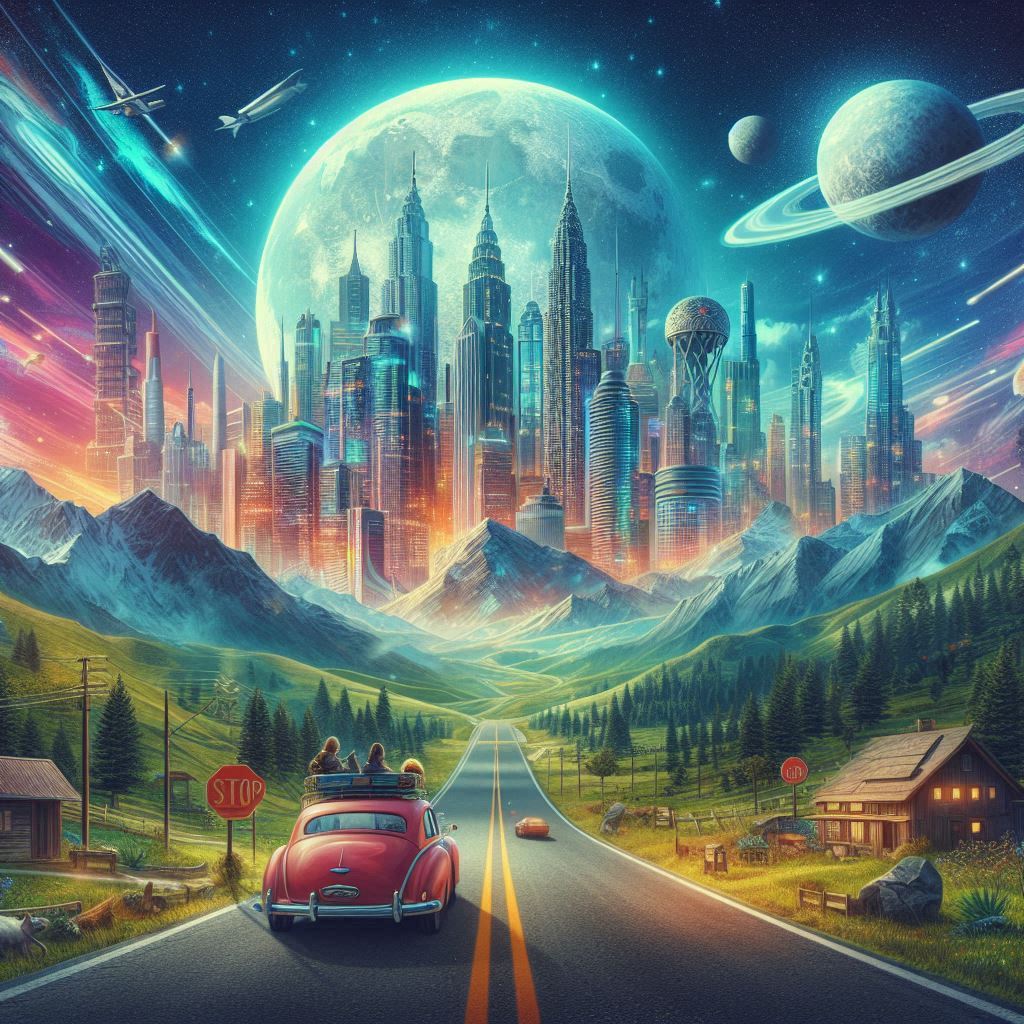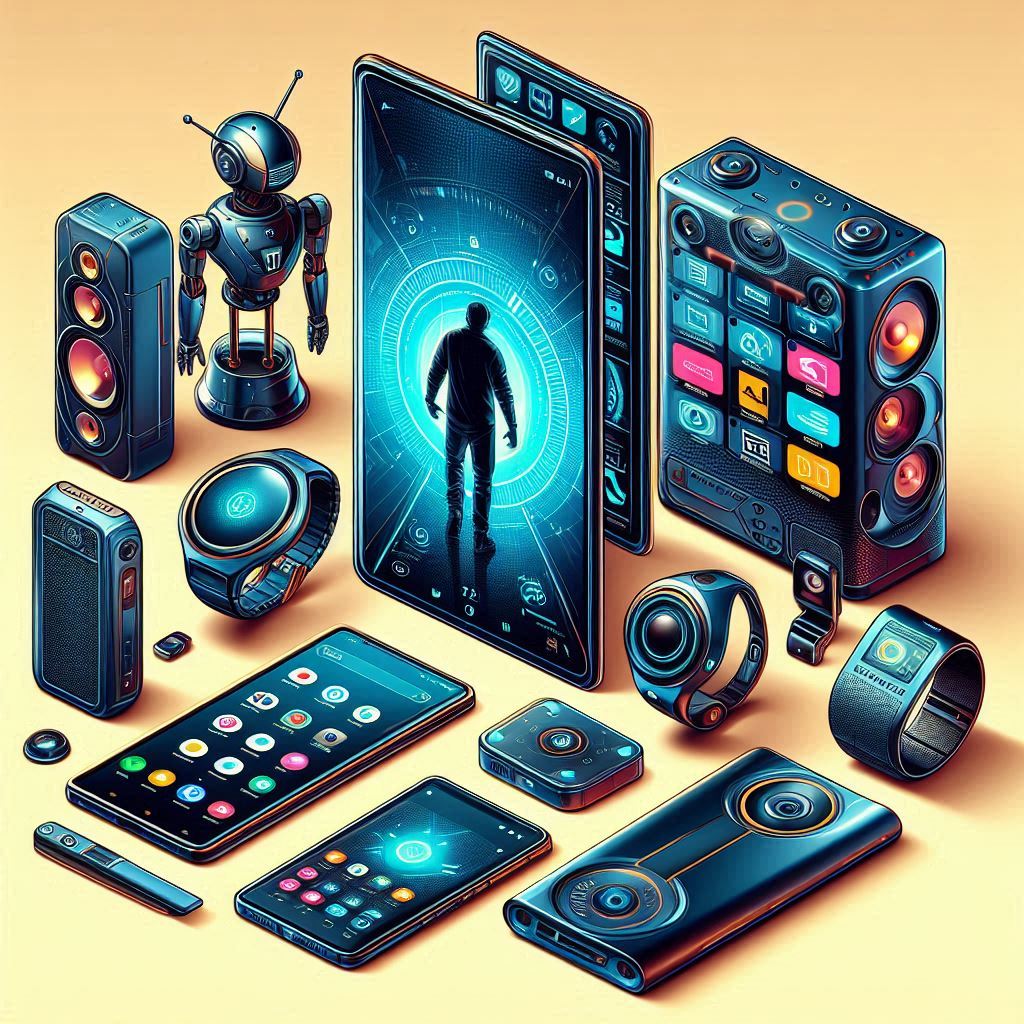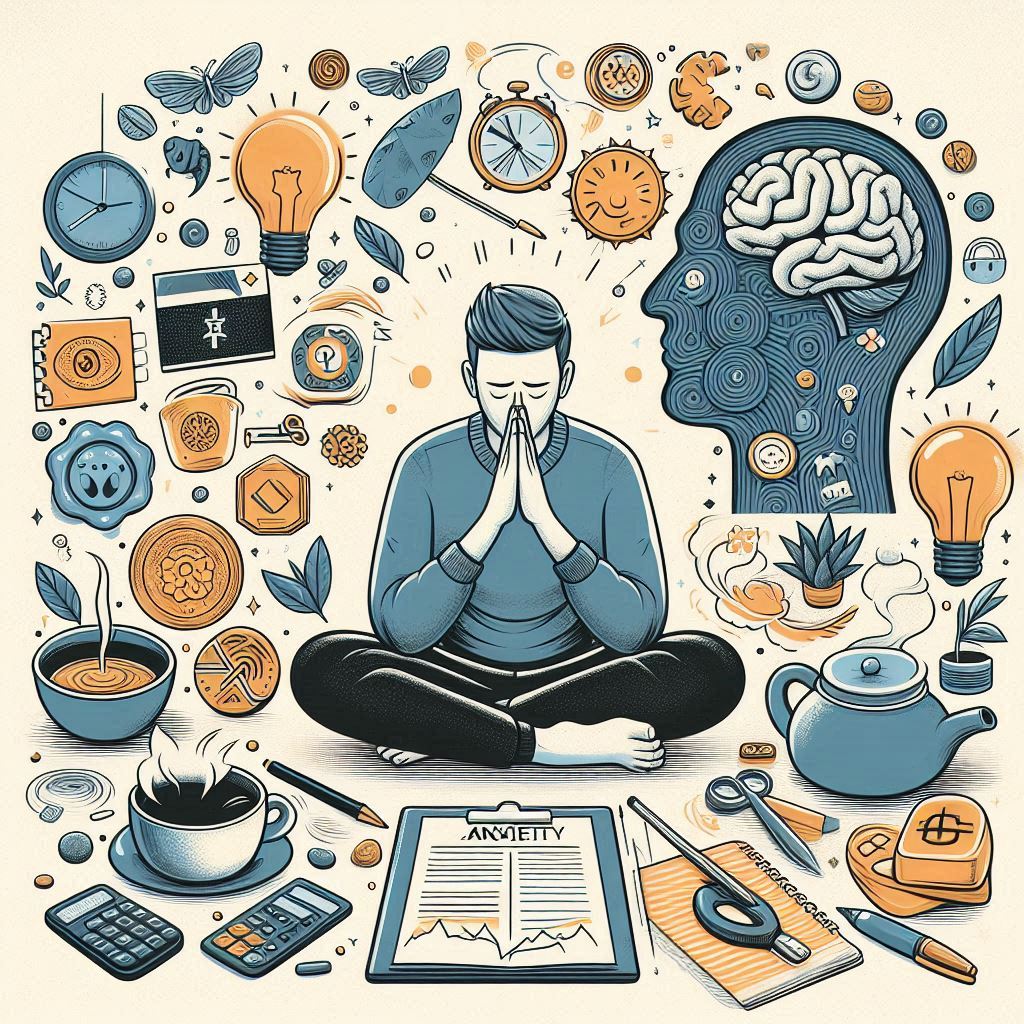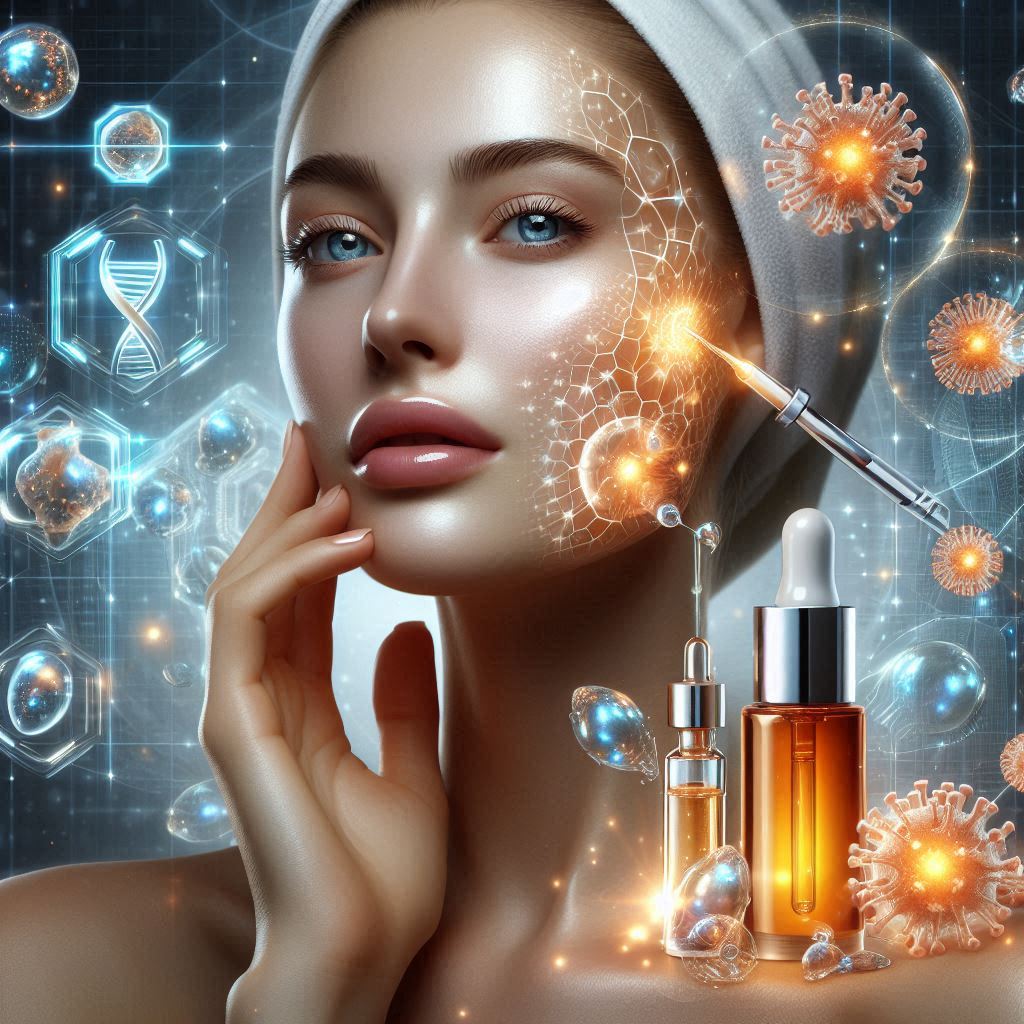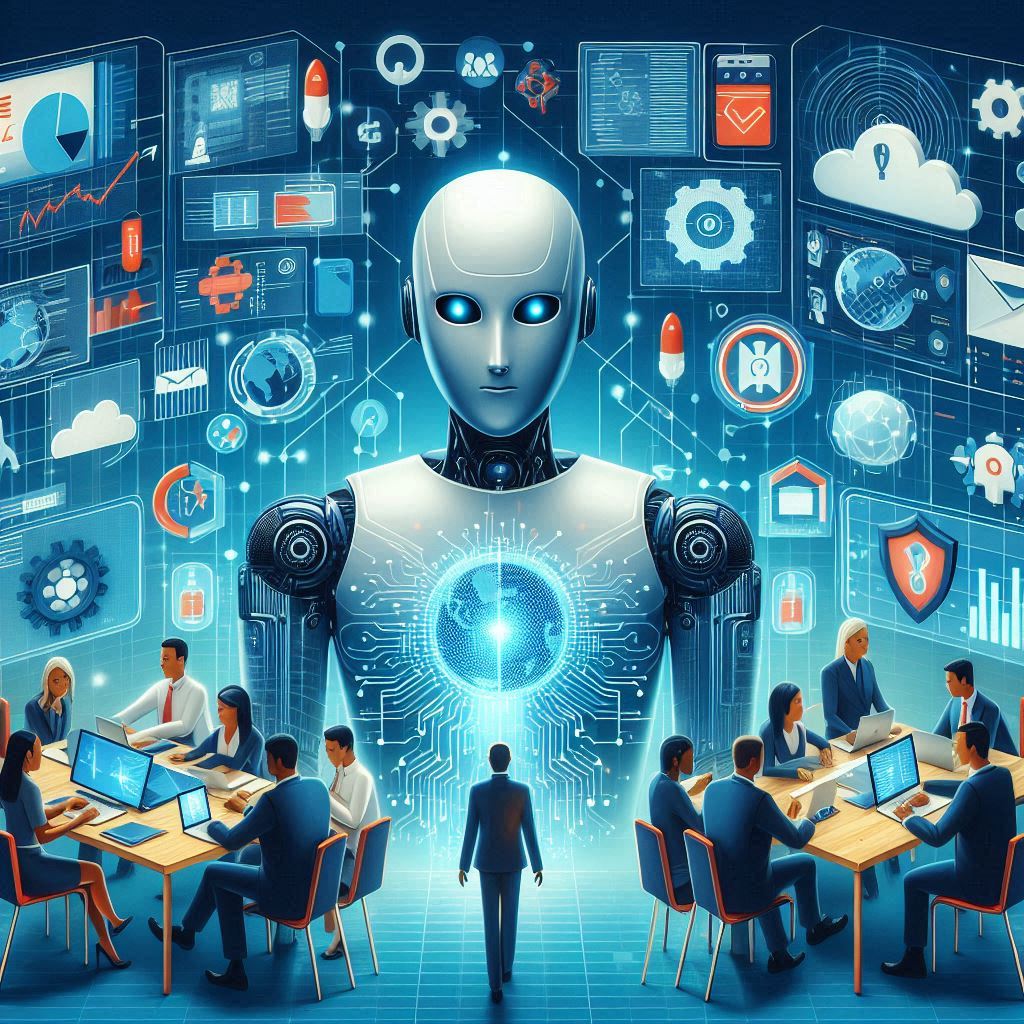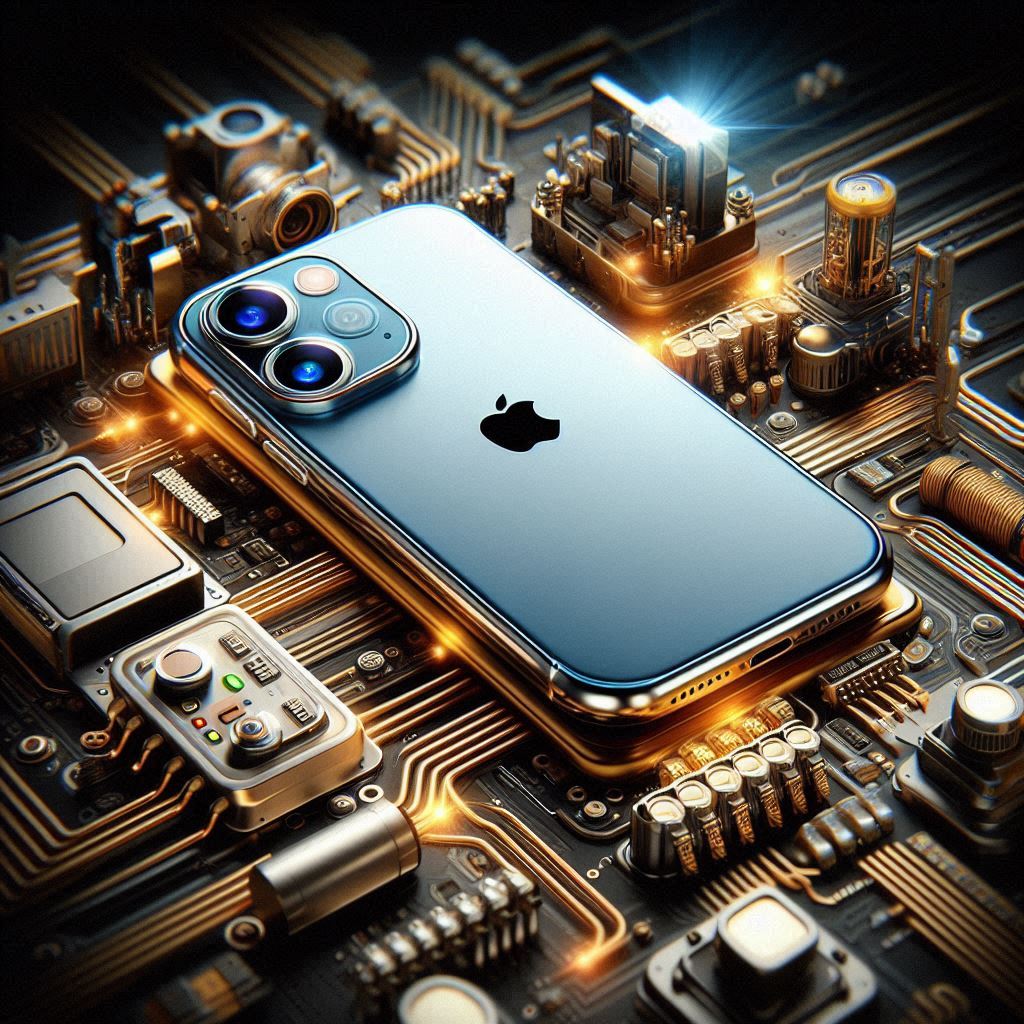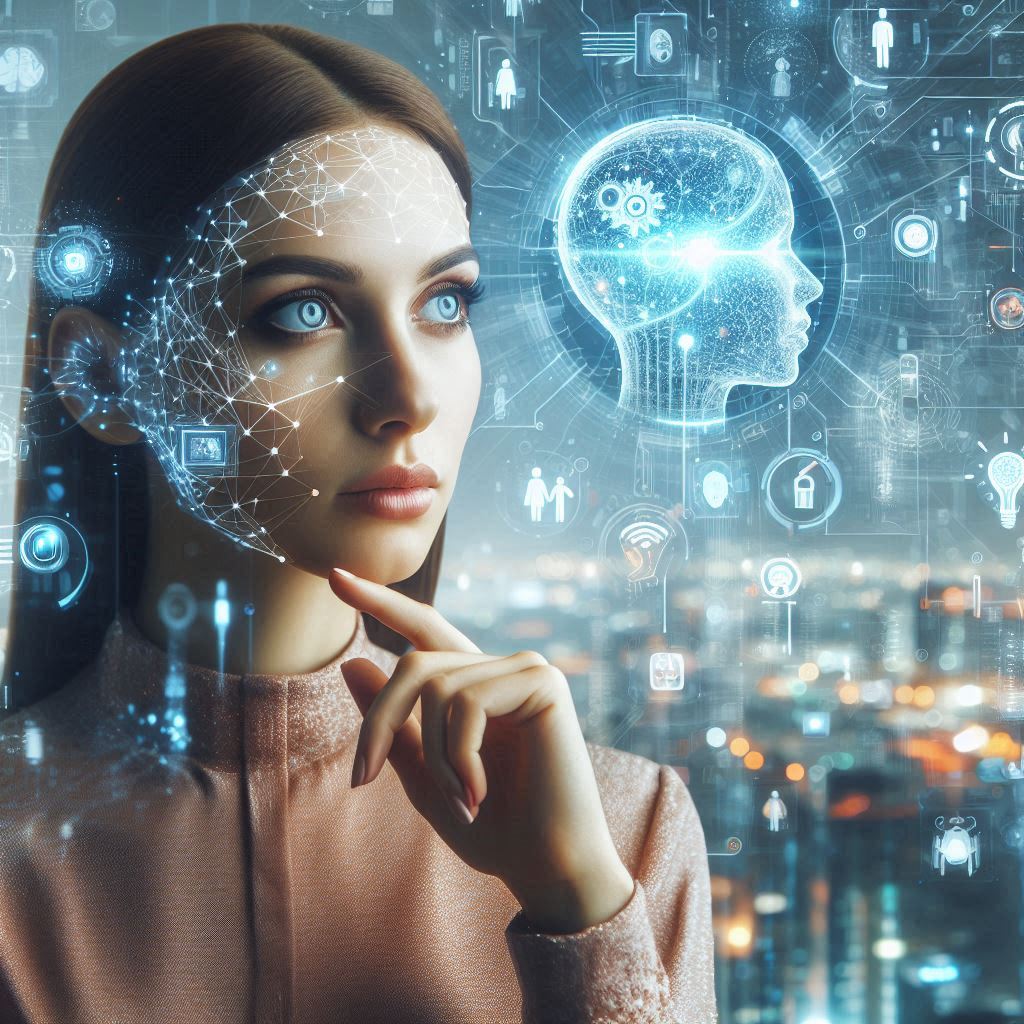
Artificial Intelligence (AI) has been developing at a breathtaking pace over the last decade, but 2025 is set to be a landmark year for innovations that will directly impact our everyday lives.
From AI doctors that can diagnose diseases in seconds to creative AI systems that write books, compose music, and design homes, this year’s breakthroughs are pushing the boundaries of what we thought possible.
In this article, we’ll explore 10 major AI advancements in 2025 that will change the way we live, work, and interact with technology forever.
1. AI Doctors for Instant Diagnosis
In 2025, AI-powered healthcare platforms have become faster, more accurate, and more accessible than ever. Using advanced deep learning models, these systems can diagnose illnesses by analyzing medical images, genetic data, and patient histories in seconds.
Why it’s life-changing:
- Faster and more accurate diagnoses
- Reduced healthcare costs
- Accessible even in remote areas via smartphones
2. AI Personal Assistants That Understand Emotion
Gone are the days of AI assistants giving robotic replies. In 2025, advanced emotion recognition technology allows AI to detect your mood from your voice, facial expressions, or even typing patterns.
Why it’s life-changing:
- Personalized advice based on emotional state
- More human-like and empathetic conversations
- Better mental health support tools
3. AI in Education – Personalized Learning Paths
Schools and online platforms are now integrating AI tutors that create custom learning plans for each student. These systems adapt in real-time, identifying areas where you struggle and adjusting lessons accordingly.
Why it’s life-changing:
- No more one-size-fits-all education
- Faster skill development
- Equal learning opportunities for everyone
4. AI-Generated Creative Content
From writing novels to producing movies, AI is now capable of generating high-quality creative content indistinguishable from human-made works.
Examples:
- AI screenwriters creating scripts for Netflix shows
- Music composition tools producing hit songs
- AI-powered graphic design for ads and games
5. AI in Transportation – Self-Driving Everything
By 2025, self-driving technology isn’t just for cars. We now have AI-piloted buses, delivery drones, and even cargo ships operating worldwide.
Why it’s life-changing:
- Fewer accidents caused by human error
- Faster deliveries and transportation
- Lower environmental impact with optimized routes
6. AI-Powered Legal Advisors
Need legal advice but can’t afford a lawyer? In 2025, AI legal assistants provide instant, reliable legal guidance by scanning vast databases of case law and regulations.
Why it’s life-changing:
- Affordable legal help for everyone
- Faster document review and contract drafting
- Increased access to justice
7. AI-Driven Smart Homes
Your home in 2025 is fully intelligent. AI-powered systems control lighting, temperature, security, and appliances while learning your daily habits to optimize comfort and energy savings.
Why it’s life-changing:
- Lower energy bills
- Enhanced safety
- Seamless automation of daily chores
8. AI for Climate Change Solutions
AI models are now being used to predict environmental changes, design sustainable materials, and optimize renewable energy usage.
Why it’s life-changing:
- Better disaster prediction and prevention
- Reduced waste and carbon emissions
- Smarter resource management
9. AI in Mental Health Care
In 2025, AI therapy bots provide 24/7 mental health support, using natural language processing to guide users through anxiety, depression, and stress management.
Why it’s life-changing:
- Accessible mental health help for everyone
- Lower costs compared to traditional therapy
- Confidential and stigma-free support
10. AI and the Future of Work
AI automation is now handling repetitive office tasks, allowing humans to focus on creative problem-solving, strategy, and innovation.
Why it’s life-changing:
- More time for meaningful work
- Increased productivity
- New job roles centered around AI management
The Pros and Cons of 2025 AI Breakthroughs
Pros:
- Increased efficiency in almost every industry
- Lower costs for essential services
- More personalized user experiences
Cons:
- Risk of job displacement in some sectors
- Privacy concerns with AI data collection
- Ethical debates over AI decision-making
Conclusion
The AI breakthroughs of 2025 are not just technological marvels—they are transformative forces reshaping our daily lives.
From healthcare and education to entertainment and climate solutions, AI is moving from the background into the very core of how we live. The key to embracing this future is understanding, adapting, and ensuring ethical AI use so that the benefits reach everyone.
One thing is clear: AI is no longer the future—it’s the present, and it’s here to stay.
